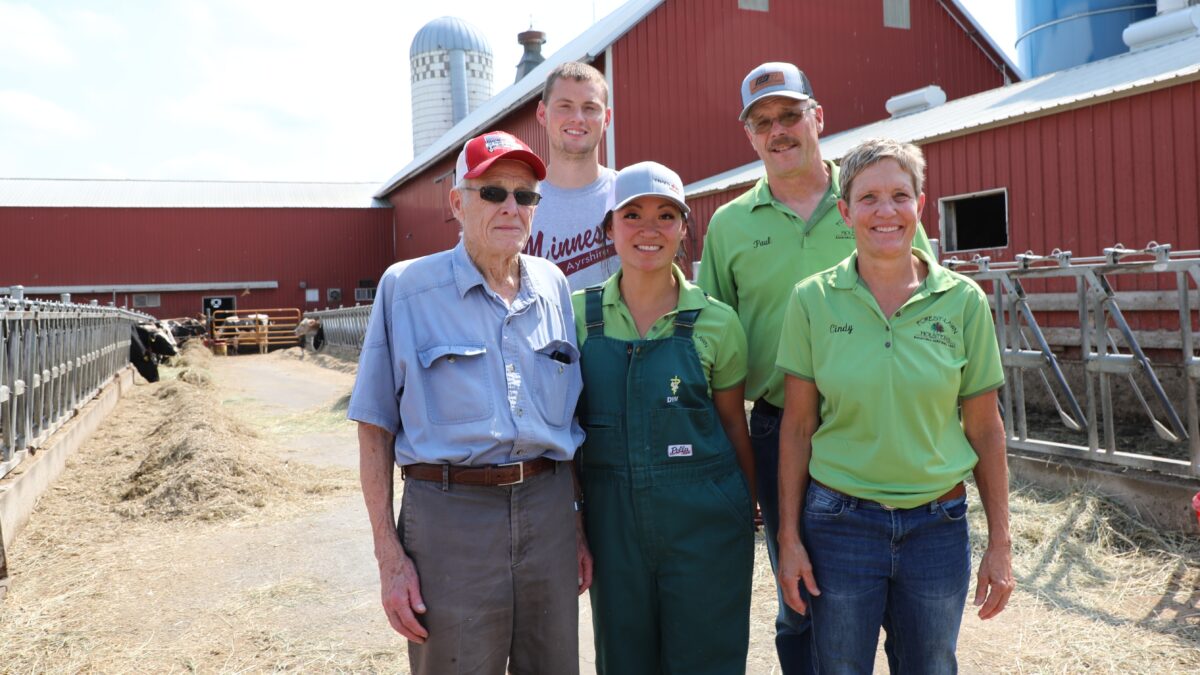A Lasting Legacy: 5 Steps to Protecting the Family Farm
Guest Author
Special Contributor to FB.org

photo credit: Right Eye Digital, Used with Permission
Guest Author
Special Contributor to FB.org
"Coming up with a sound plan now will save a lot of headache and heartache for those who live on after you," said Dave Specht, founder of Advising Generations and author of "The Farm Whisperer." Specht works with farmers and ranchers to help them develop plans for passing their land and businesses on to the next generation. According to Specht, it's critical to have the tough conversations now to preserve your farm for the future.
He spoke to farmers and ranchers earlier this year at the American Farm Bureau Federation's 97th Annual Convention about important steps in estate planning and outlined key components for securing a farm legacy.
1. The Family Farm System
Specht noted that it's critical for farmers to map out the current operational structure of their farms. He suggests making a graph to categorize everyone who may be involved in the farm and the questions they may have about succession.
2. Contingency Plans
Every farm should have clear ownership and management plans in place. "Surprises are only cool at birthdays and anniversaries," Specht said. "They are not cool at funerals. They are not cool when someone becomes disabled. They are not cool when someone loses their health. We need to eliminate as many surprises in our plan as possible."
3. Ask Inspired Questions
Each generation needs to be ready and willing to ask questions that lead to a better understanding of their place on the farm and plans for the future. Knowing how sensitive this process can be, Specht created an app, "Inspired Questions For Farmers," to help guide the discussion and place important questions at farmers' fingertips.
4. Insist on Collaboration
There will be many professionals involved with any plan to transfer assets. Having them work together now will only benefit you.
5. Measure Perceptions, Manage Expectations
Specht warned that it's easy for families to get tripped up in this process, so he has focused his work on making tools that guide famers through each step. He created an online tool, "Generational Business 360," that helps families evaluate their expectations and plans along the way, and tackle the tough issues that arise in the process.
Wise planning all goes back to clear communication across generations of farming and ranching families Specht noted. "You can't ignore the tough questions just because they're uncomfortable." Family members need to actually sit down and talk through retirement and financial security.
"If you haven't talked about your retirement needs you're going to have problems," he said. "The next generation needs to know now what they should plan for."
Steven Kilger is the associate editor of Feed & Grain magazine.
Trending Topics
VIEW ALL